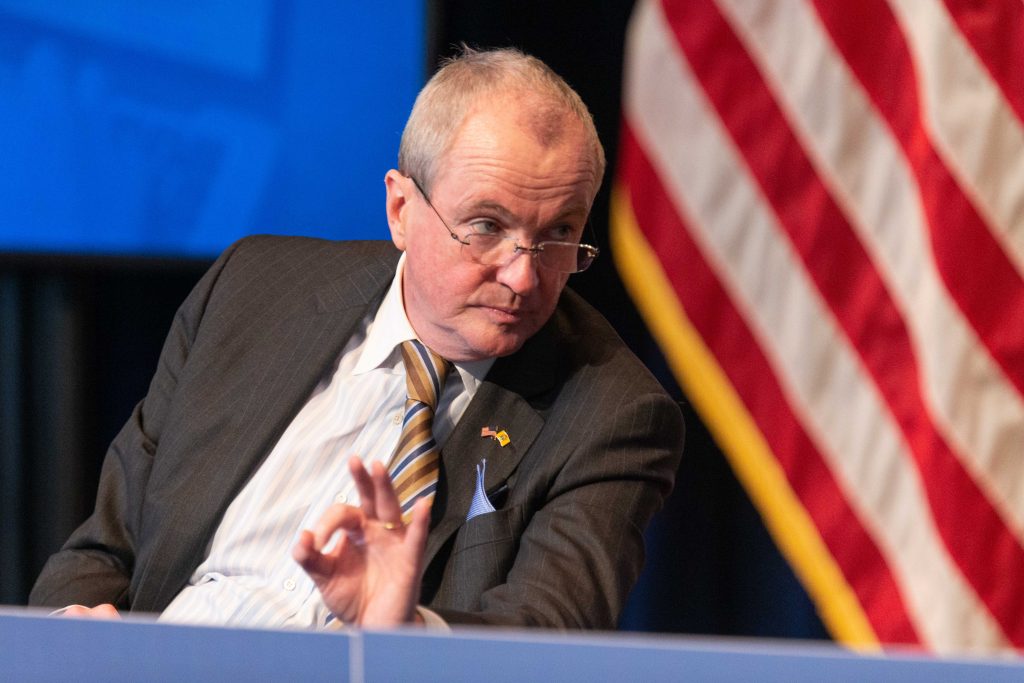Gov. Phil Murphy late Friday signed an executive order which lifts the public health emergency that had been declared at the start of the coronavirus pandemic nearly two years ago, however he has left in place a general state of emergency that will continue to allow for some regulations, waivers and mandates to be maintained.
The order marks an end to mask mandates in school buildings and on buses, among some other emergency regulations that had been in place. Murphy also held what was his final daily pandemic press briefing Friday. The order will take effect Monday, March 7.
“With COVID-19 moving into an endemic, the time has come to move toward normalcy,” said Murphy. “In the past two years, New Jerseyans have shown great strength, resiliency, and kindness during one of the most difficult and trying times in the history of our state. The steps I am taking today have been made possible by our highly-successful vaccination efforts and the collective efforts of the people of our state.”
|
|
The general state of emergency order has no sunset, meaning, theoretically, it could remain in place in with no end date. This order, however, remains in place for the purpose of coordinating vaccine and waiver policies for health providers as well as to allow the state to collect federal relief dollars should they be made available. Murphy described the emergency order as similar to that which was issued following the onslaught of Superstorm Sandy, which remained in place long after the storm had passed.
“Like the state of emergency for Sandy, which most of you probably did not know remained in effect, maintaining this one will not impact your daily life,” the governor said.
The most prominent and visible change will come in the state’s schools, where students will be able to freely learn without being masked – or kept home entirely – for the first time in two years.
“For nearly two years, New Jersey’s school communities have persevered through countless challenges brought on by Covid-19 – always with the shared goal of protecting the health and safety of our school staff, students, and their families,” said Dr. Angelica Allen-McMillan, Acting Commissioner of Education. “While we recognize this virus has been unpredictable, we look forward to this next milestone in our road ahead.”
Throughout the pandemic, New Jersey reported 1,876,729 cases of Covid-19, the infection caused by the novel coronavirus. As of Friday, 32,999 residents had died of the condition.

Advertisement

Police, Fire & Courts
South Toms River Man Charged in Violent Murder of Wife










